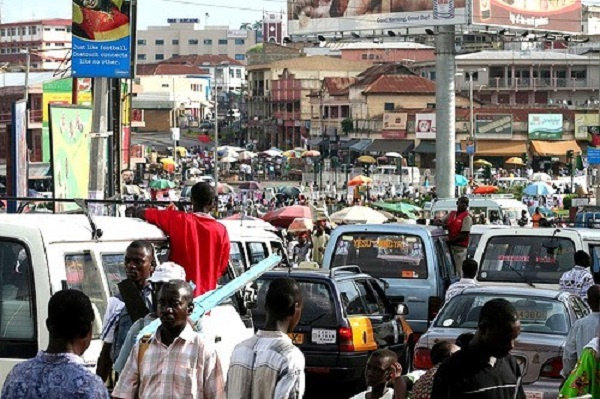A coalition of commercial transport operators, representing over 90% of Ghana’s transport service providers, has announced a planned 30% increase in transport fares effective Tuesday, July 16, 2025. The move comes in protest of the newly introduced GHS 1.00 per litre fuel levy.
In a statement released over the weekend—and reiterated in an interview on Happy FM’s Happy Morning Show—the Chairman of the Ghana Committed Drivers Association, Charles Danso, condemned the levy as “retrogressive and insensitive.” He accused the government of implementing the tax without prior consultation or engagement with industry stakeholders.
“This act of profound dishonesty comes after the government coerced our members into an unjustified 15% fare reduction,” Danso said. “How do you increase public sector wages by 34% and expect private operators to survive on less?”
According to Danso, the new levy is just the latest in a long list of financial burdens placed on transport operators, citing the TOR Debt Recovery Levy, the Energy Sector Levies Act (ESLA), the BOST Margin, and the Unified Petroleum Pricing Fund (UPPF) as past examples of government-imposed fees that have failed to resolve the issues they were meant to address.
“A single operator managing just 10 vehicles can be forced to pay over GHS 684,000 annually in levies alone. That’s more than the annual salary of many workers in this country,” he added.
Operators Table Four Key Demands
The coalition has outlined four non-negotiable demands:
Immediate suspension of the GHS 1.00 per litre fuel levy
Authorization to increase transport fares by no less than 30%
Transparent engagement with recognized union leadership
Comprehensive public audit of all existing fuel-related levy revenues
The group also criticized what it described as “back-door engagements” with politically aligned transport associations, insisting on open and inclusive dialogue with legitimate representatives across all unions.
As the July 16 deadline approaches, commuters are bracing for possible disruptions, while all eyes turn to the government for response.




















